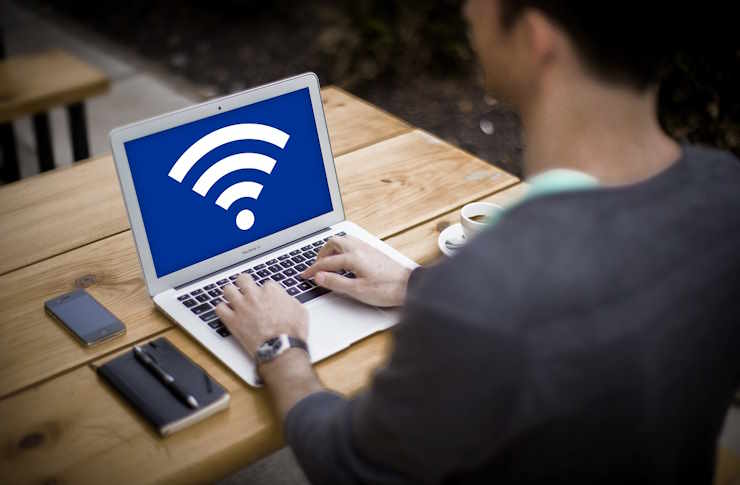Anxiety in the Digital Age: Navigating Modern Stressors
In an era defined by constant connectivity and information overload, anxiety has become an increasingly prevalent mental health concern. The digital revolution, while bringing unprecedented convenience and opportunities, has also introduced new sources of stress and psychological strain. From social media pressures to the fear of missing out (FOMO), individuals today face a unique set of challenges that can significantly impact their mental wellbeing. This shift in our daily experiences has prompted researchers, mental health professionals, and technologists to explore the intricate relationship between digital technologies and anxiety, seeking to understand both the root causes and potential solutions in our hyper-connected world.

The Role of Social Media in Exacerbating Anxiety
Social media platforms, initially designed to connect people, have paradoxically contributed to feelings of isolation and anxiety for many users. The phenomenon of “social media anxiety” has gained recognition among researchers, who point to several contributing factors. The constant exposure to carefully crafted online personas can lead to unrealistic expectations and lowered self-esteem. Additionally, the quantification of social approval through likes, comments, and followers has created a new metric for self-worth, often with detrimental effects on mental health.
Information Overload and Decision Paralysis
The digital age has ushered in an era of unprecedented access to information. While this can be empowering, it also presents challenges for mental wellbeing. The sheer volume of data available at our fingertips can lead to information overload, making it difficult to process and make decisions. This cognitive burden can manifest as anxiety, particularly when individuals feel pressured to stay informed about a wide range of topics or make choices based on an overwhelming amount of options.
The Impact of Digital Technologies on Sleep and Anxiety
The relationship between sleep disturbances and anxiety is well-established, and digital technologies have introduced new complexities to this dynamic. The blue light emitted by screens can disrupt circadian rhythms, making it harder to fall asleep and achieve restful sleep. Additionally, the habit of checking devices late into the night or first thing in the morning can create a state of hypervigilance, further exacerbating anxiety symptoms. The constant connectivity facilitated by mobile devices has blurred the boundaries between work and personal time, leading to difficulties in disengaging and relaxing.
Digital Detox and Mindful Technology Use
As awareness of digital-related anxiety grows, so too does interest in strategies to mitigate its effects. The concept of “digital detox” has gained traction, with individuals and organizations experimenting with periods of intentional disconnection from technology. Mindful technology use, which involves being more conscious and deliberate about digital consumption, has also emerged as a popular approach. This can include setting boundaries around device usage, practicing digital sabbaths, or using apps designed to promote focus and limit distractions.
The Promise of Digital Mental Health Interventions
Paradoxically, technology itself may offer solutions to the anxiety it has helped create. Digital mental health interventions, including apps for meditation, cognitive behavioral therapy, and mood tracking, have shown promise in helping individuals manage anxiety symptoms. These tools provide accessible, often cost-effective options for those seeking support. However, their efficacy and long-term impact are still subjects of ongoing research, highlighting the need for continued evaluation and improvement in this rapidly evolving field.
Fostering Digital Literacy and Emotional Intelligence
As society grapples with the implications of widespread digital technology use, there is a growing emphasis on developing digital literacy and emotional intelligence skills. Educational initiatives aimed at helping individuals critically evaluate online information, understand the psychological impacts of social media, and develop healthy digital habits are becoming increasingly important. By equipping people with the tools to navigate the digital landscape more mindfully, these efforts aim to reduce technology-related anxiety and promote overall wellbeing in the digital age.




